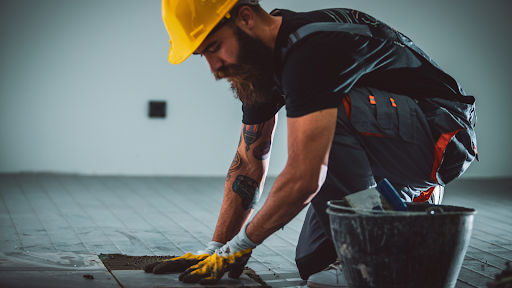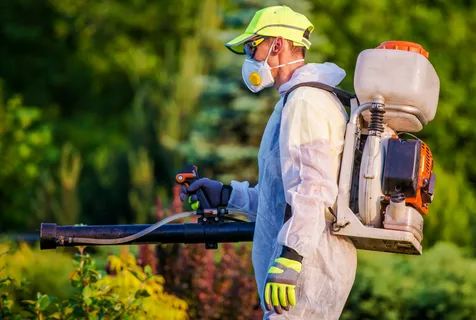Waterproofing may not rank among the most exciting aspects of creating your ideal house and all it entails, but it is unquestionably essential to a secure and pleasant outcome. Simply said, house waterproofing prevents water from leaking out of wet rooms like kitchens, bathrooms, and laundry rooms or entering areas that are not desired. As one of the top-rated vendors of waterproofing in Faridabad, I am always asked about some of the important aspects of the task. To guarantee that you approach the task of waterproofing with knowledge, we have prepared a useful collection of facts.
Why House Waterproofing Is Beneficial
The lifespan and longevity of the construction are increased by waterproofing concrete, masonry, and other cement-based materials. Keeping water out of concrete is a terrific first step toward improving lifetime, whether you are preserving a floor made of concrete or walls made of poured concrete.
Different house waterproofing requirements are required depending on the water table, the likelihood of flooding in a building’s vicinity, or the amount of rain. All of the supporting structures in high-rise buildings must be waterproofed. A material failure is unacceptable as these are load-bearing walls for tremendously heavy complexes. House waterproofing aids:
- Preventing leaks on the walls.
- Preventing concrete’s surface from cracking.
- Ensures the inhabitants’ safety.
- Strengthening the structure of the building.
- Offers protection from bacteria, fungi, mould, etc.
- Lowering the expense of maintenance and cleanup.
- Increasing the property’s worth.
- Decrease in water absorption
Including Water-Resistant Design
Incorporating design components is the first step in the house waterproofing of a structure. Understanding these junctures is one of the fundamental components of constructing a weather-proof structure since water seepage frequently occurs at seams and junctions, such as those between facades. It must be acknowledged that the most crucial component of making your structure water-resistant is adopting the proper waterproofing material during construction.
Different Types of Waterproofing
Waterproofing Using Cement
The simplest type of waterproofing used in buildings is cementitious. Concrete may be waterproofed using products that are readily accessible on the market. This technique is applied in moist places like bathrooms and restrooms. However, it is shielded from sunlight and deterioration because it is utilised in moist waterproofing spaces like bathrooms and toilets. As a result, cementitious waterproofing will not experience expansion or contraction.
Admixtures
Over the past several years, a brand-new kind of waterproofing has been popular everywhere for waterproofing house exteriors. These additives are mixed into the concrete at the batching plant or on the job site, where they cause a chemical reaction that converts the concrete into a water barrier. Densifiers, water repellents, or crystalline admixtures can all be used as integral concrete waterproofing systems.
Asphaltic Coating
Asphalt coating, also known as bituminous coating, is flexible and protective to waterproof outside wall houses. It is an excellent waterproofing and protective coating, especially for concrete foundation surfaces. Bituminous coating is not meant to be exposed to sunlight because it is composed of a bitumen-based substance. The prolonged exposure to sunlight causes it to become highly brittle and delicate.
Waterproofing Membrane in Liquid Form
A liquid membrane is a thin covering typically applied by spraying or rolling on two layers of liquid waterproofing after a priming coat for waterproofing the house exterior. It provides greater flexibility than cementitious waterproofing because it forms an elastic layer on the area where it is applied. The kind of polymer used to create liquid waterproofing affects how long it will last. Polymer-modified asphalt makes up a liquid membrane. Membranes made of polyurethane liquid are also utilised for waterproofing.
House Waterproofing Cost
The House waterproofing cost varies depending on the source and quality. They might begin at INR 350 per kilogramme and go to INR 600 per kilogramme.
The value of your property will rise due to the house waterproofing investment. Therefore, do not neglect the waterproofing issues with your properties. Utilise the scientific “Gyan” we provided. For a more professional outlook and work, visit NoBroker.in for waterproofing in Faridabad services.





